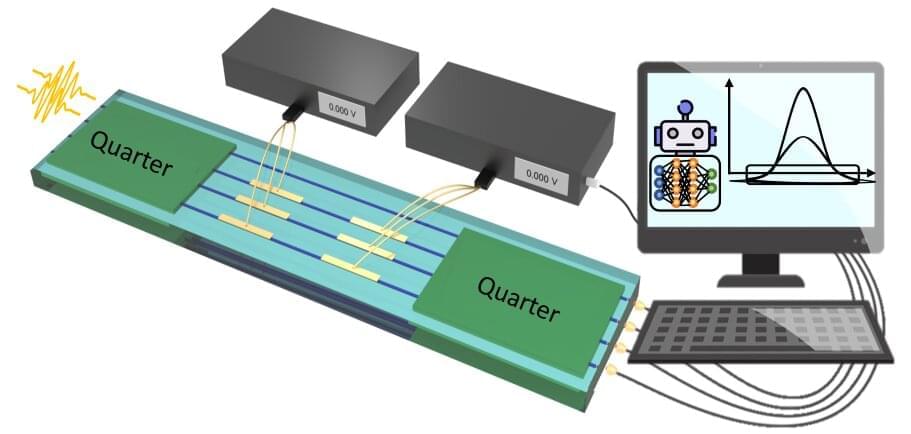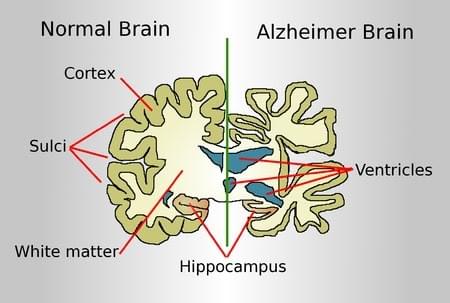Feb 8, 2023
Using deep learning to detect depression from speech
Posted by Saúl Morales Rodriguéz in categories: biotech/medical, information science, robotics/AI
Artificial intelligence (AI) tools have achieved promising results on numerous tasks and could soon assist professionals in various settings. In recent years, computer scientists have been exploring the potential of these tools for detecting signs of different physical and psychiatric conditions.
Depression is one of the most widespread psychiatric disorders, affecting approximately 9.5% of American adults every year. Tools that can automatically detect signs of depression might help to reduce suicide rates, as they would allow doctors to promptly identify people in need of psychological support.
Researchers at Jinhua Advanced Research Institute and Harbin University of Science and Technology have recently developed a deep learning algorithm that could detect depression from a person’s speech. This model, introduced in a paper published in Mobile Networks and Applications, was trained to recognize emotions in human speech by analyzing different relevant features.


















